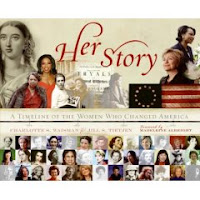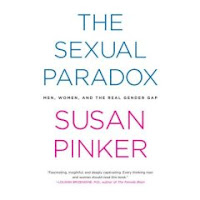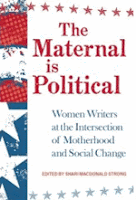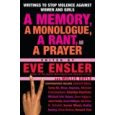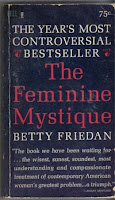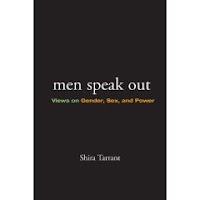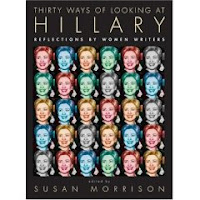 If this isn’t the coolest sounding conference: “Fear of Flying: Can a Feminist Classic Be a Classic?” On March 28, Columbia University will host a half-day conference at which speakers will revisit Erica Jong’s novel, assess the status of women’s writing and feminism in today’s literary scene, and suss out the possibilities of subversion open to contemporary young women writers. I’ll be at WAM!, or else I’d be here.
If this isn’t the coolest sounding conference: “Fear of Flying: Can a Feminist Classic Be a Classic?” On March 28, Columbia University will host a half-day conference at which speakers will revisit Erica Jong’s novel, assess the status of women’s writing and feminism in today’s literary scene, and suss out the possibilities of subversion open to contemporary young women writers. I’ll be at WAM!, or else I’d be here.
For those in need of a refresher, 35 years ago Erica Jong’s first novel, Fear of Flying, broke from conventional expectations and freed other women writers to write intelligently and openly about sex. It became an international bestseller. (“Zipless fuck” anyone?)
So Columbia University’s Rare Book & Manuscript Library acquired a large collection of Erica Jong’s archival material in 2007. And so the Rare Book & Manuscript Library will join the Columbia University Institute for Research on Women and Gender and the Center for Research on Women at Barnard College as sponsors. I love it.
Speakers include novelists Min Jin Lee, author of the national bestseller Free Food for Millionaires; Aoibheann Sweeney, author of Among Other Things I’ve Taken Up Smoking; literary and cultural critics Nancy K. Miller, Distinguished Professor, Comparative Literature and English, at the Graduate Center, City University of New York, and author of But Enough About Me: Let Me Tell You About My Memoir; Susan Rubin Suleiman, C. Douglas Dillon Professor of the Civilization of France and a professor of comparative literature at Harvard, and author of Subversive Intent: Gender, Politics and the Avant-Garde; Shelley Fisher Fishkin, Director of American Studies, Stanford University, and author of From Fact to Fiction: Journalism and Imaginative Writing in America; and journalist Rebecca Traister, staff writer for Salon.com and a founding contributor to Broadsheet. The afternoon will culminate in a conversation between Erica Jong and Columbia professor and novelist Jenny Davidson, author of Breeding. “Fear of Flying: Can a Feminist Classic be a Classic?†is open to the public and will be held at the Social Hall, Columbia University Union Theological Seminary, 3041 Broadway at 121st Street, in New York City, from 2:00 to 7:00 p.m. A reception will follow.

